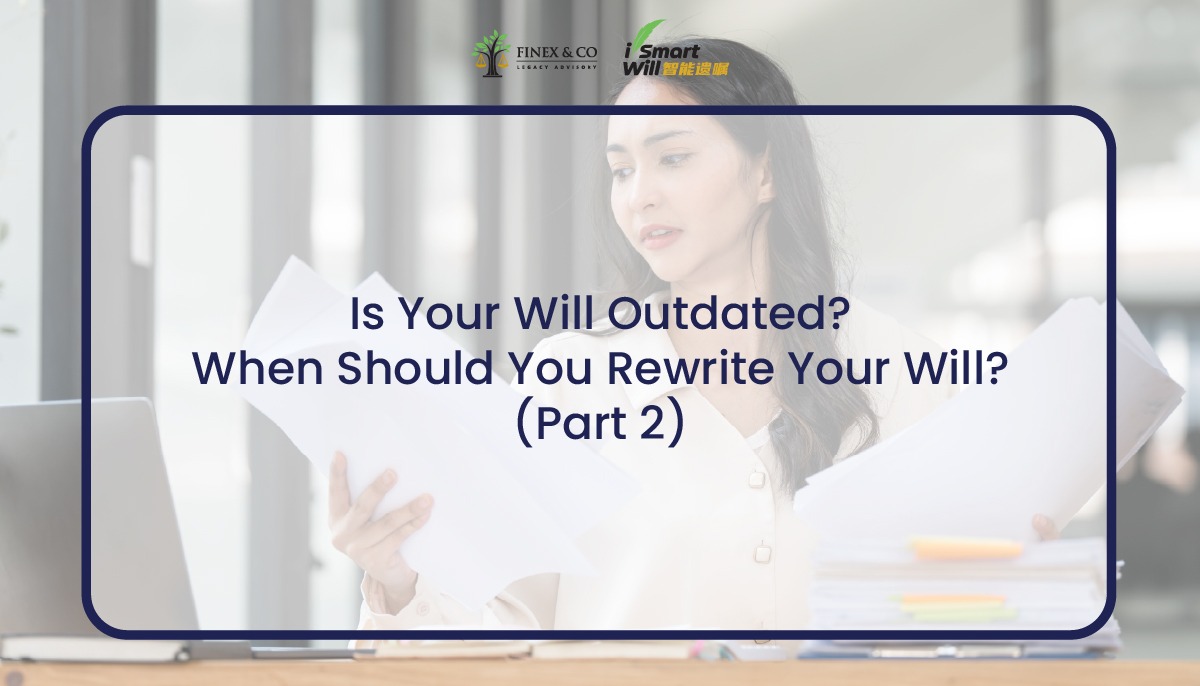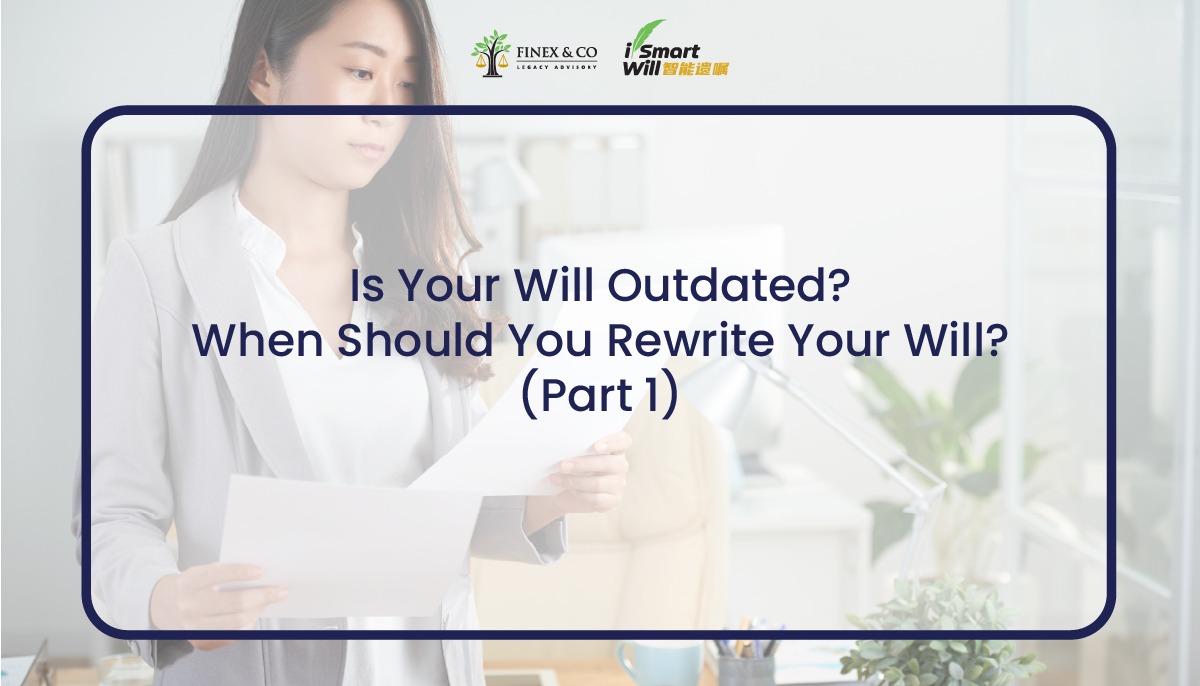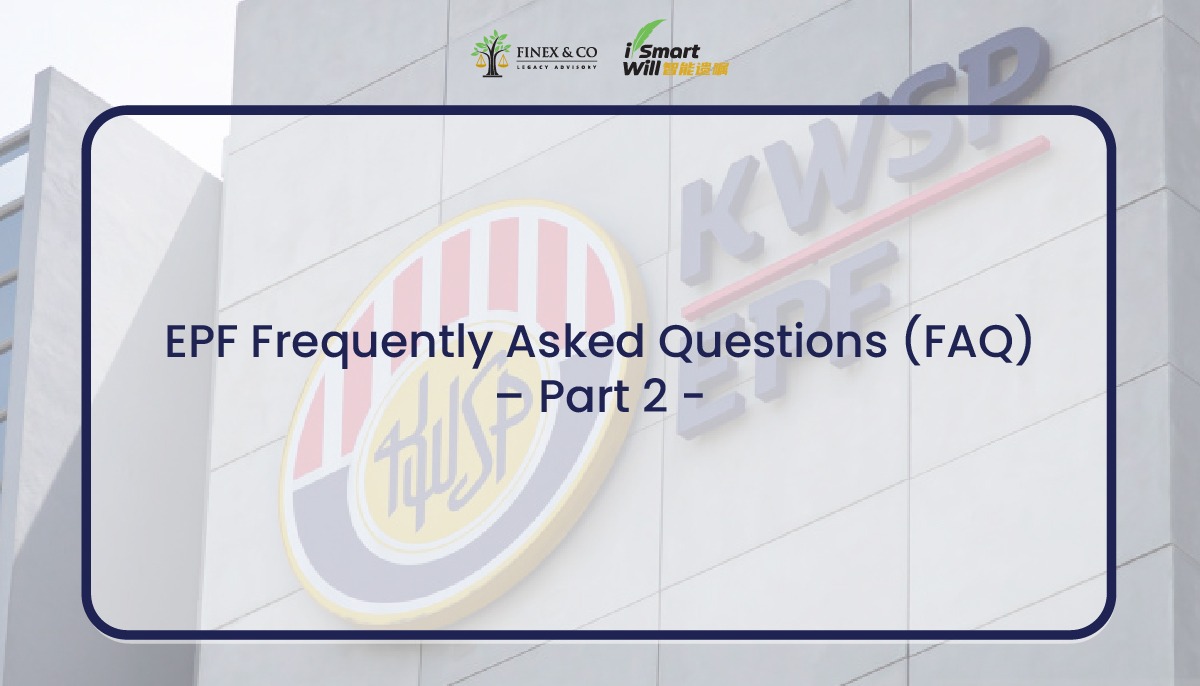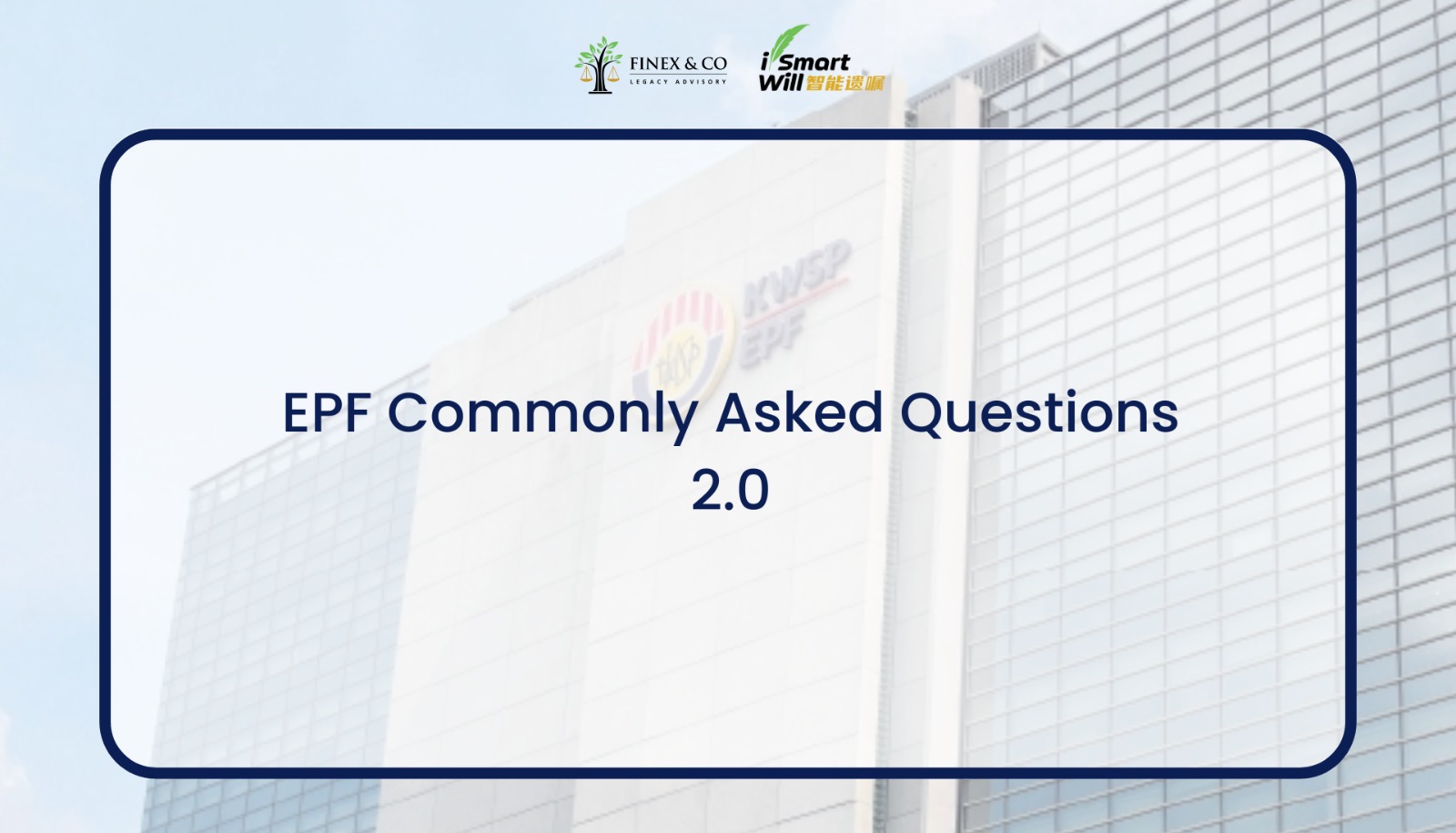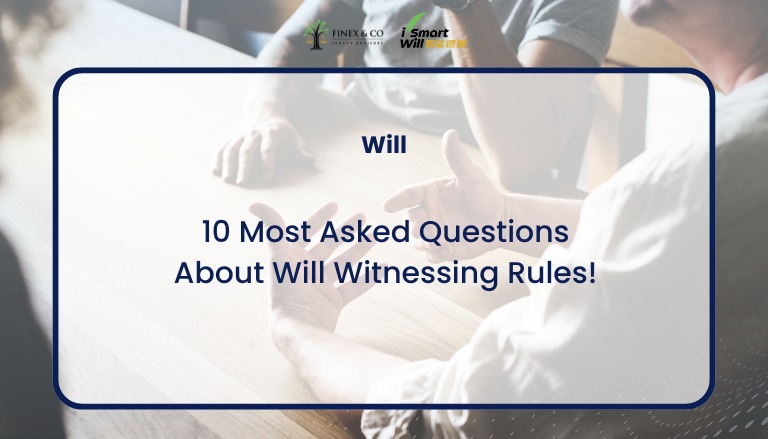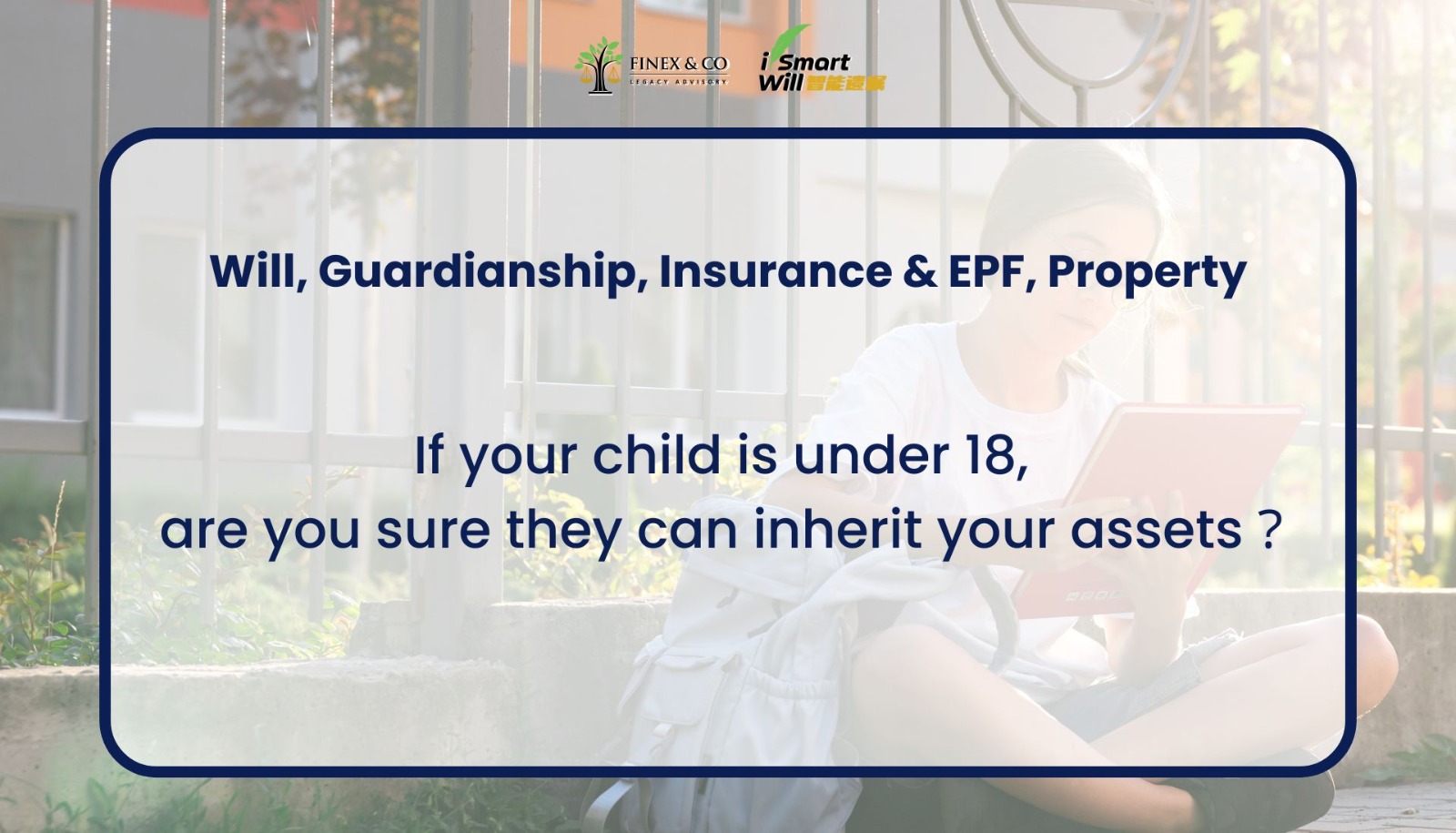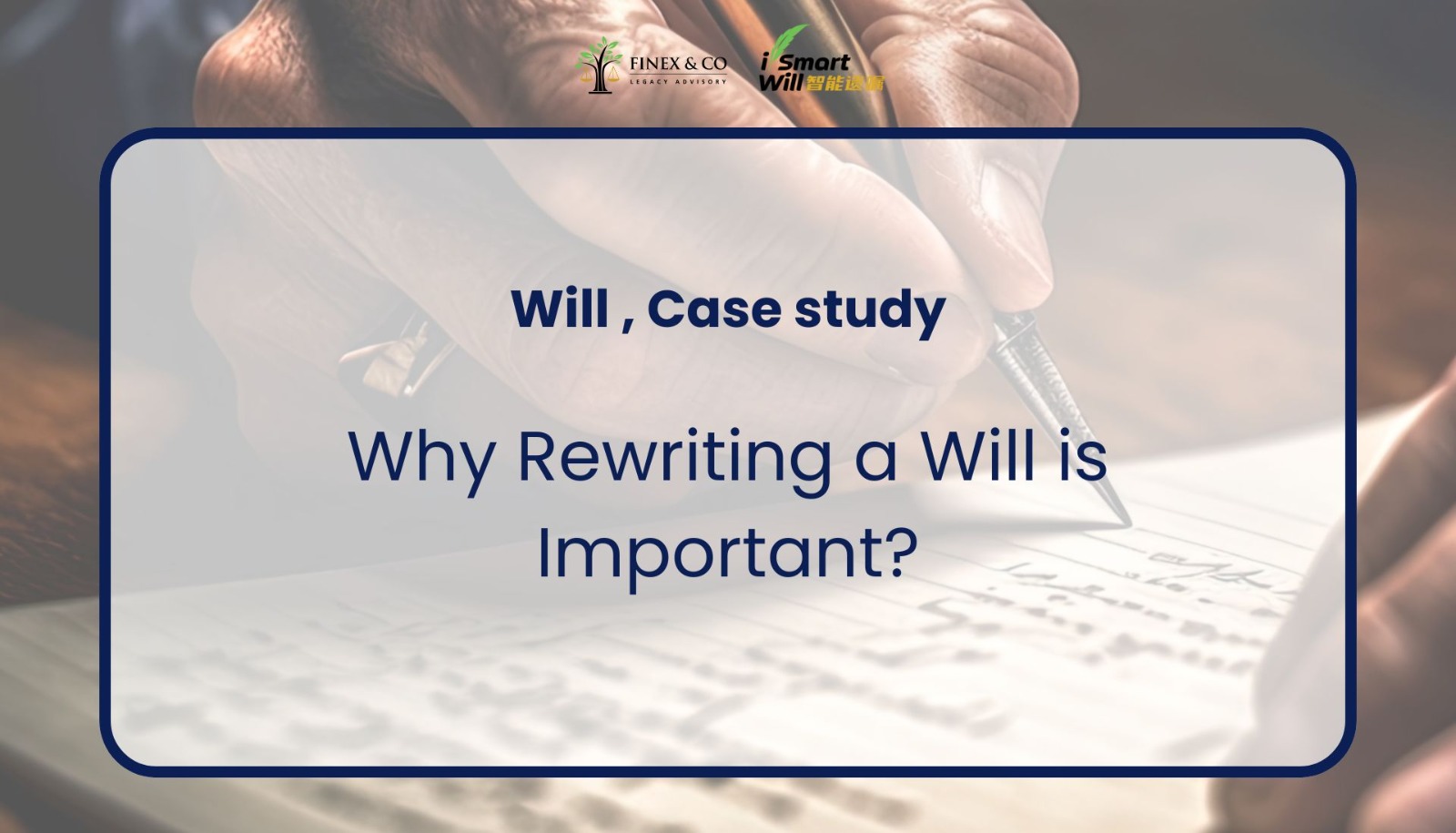Insurance & EPFWillFebruary 2, 2026by Chelsia LiewEstate Planning 101: The Real Value We Bring to Clients (Part 2)
Continuing from our previous article (Part 1), we will take a deeper dive in this article. 🔑 Why EPF Nominations Are Crucial If you don’t make a nomination, your family may face delays and extra procedures when claiming your savings. With a nomination: the money goes directly to your nominee(s), much faster, providing them...






